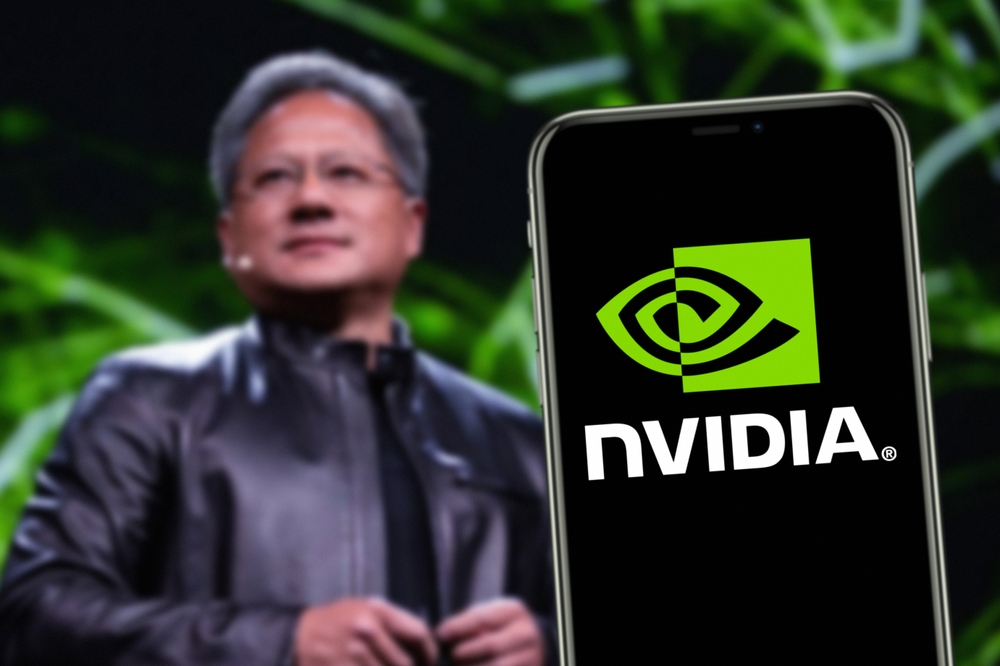NVIDIA, one of the world's leading graphic chip producers, reported impressive earnings for the second quarter, ending July 28. The company announced a
net income of $16.6 billion, with adjusted net income reaching
$16.95 billion after accounting for one-time items. Revenue surged to
$30 billion, representing a
122% increase from the same period last year and a
15% rise from the previous quarter.
Stock Plunge Despite Blockbuster Earnings
Despite these strong financial results, NVIDIA’s stock fell nearly
6% in after-hours trading on Wednesday, leaving investors puzzled. At the time of writing, NVIDIA shares are trading at
$125.61, giving the company a market capitalization of
$3.09 trillion.
The AI Boom and Investor Concerns
NVIDIA has been at the forefront of the artificial intelligence (AI) boom, with its chips and data centers being essential for running AI systems. The company has seen its stock price surge by nearly
150% over the first half of the year. However, despite the positive earnings report, the unexpected dip in shares has sparked concerns among investors.
During the earnings call, analysts pressed for more details on the anticipated revenue from NVIDIA's next-generation AI processor,
Blackwell. Fears of potential delays in Blackwell's production contributed to a stock decline of
8.4% in late trading.
Production Delays and Revenue Projections
In the first-quarter earnings call, CEO Jensen Huang assured that Blackwell shipments would begin in the second quarter, with production ramping up in the third quarter and chips reaching customers by the fourth quarter. However, due to production delays, the company has begun shipping revised Blackwell samples to partners and customers, raising doubts about whether NVIDIA can achieve its lofty revenue projections.
Despite these challenges, Huang and CFO Colette Kress stood by their projection of billions in revenue for the fourth quarter from the Blackwell chips, which are part of NVIDIA's next-generation GPU architecture designed to significantly improve performance, efficiency, and capabilities for AI and high-performance computing.
Read more at Decrypt.




